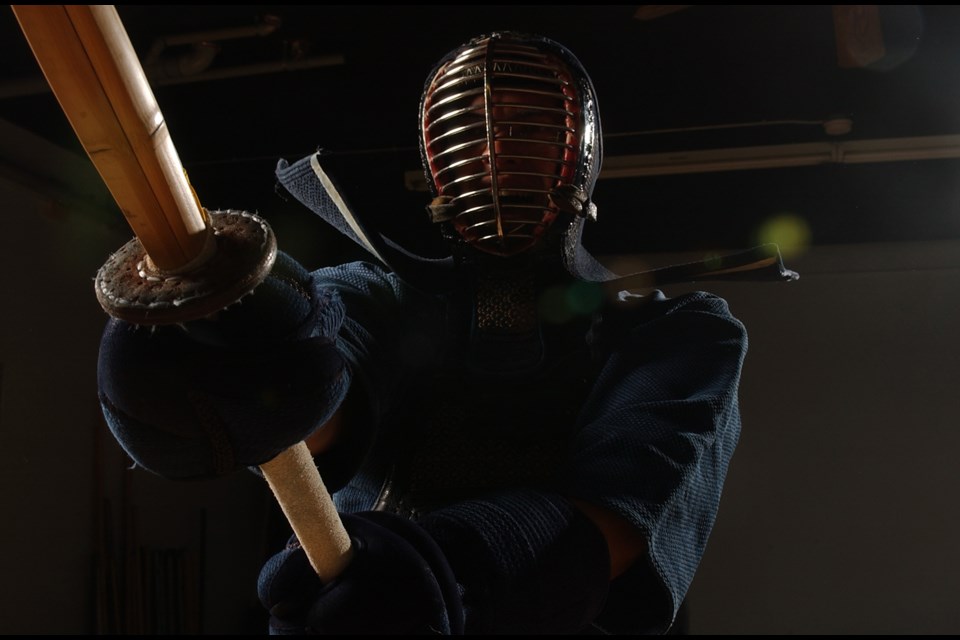Many people wish they could combine activities they love with the chance to travel.
For Mark Kawabe, that opportunity has arrived.
Kawabe has been involved in the sport of Kendo for many years and will be representing his peers in Japan this December. An unfortunate ankle injury this week means he will be acting as a coach and biographer rather than a competitor, but he's still excited about the trip.
He began Kendo training at the Japanese Cultural Centre in Toronto when he was in his teens. When he got to the University of Toronto he joined the Kendo club there. He later spent time training and teaching English in Japan.
In an interview with the Thorold News, he said, “As a result of that, I’m part of the University of Toronto Kendo Alumni Association. It was learned the association was available from affinity partners of the U of T. Up to $10,000 is available for first events. The association noted there is an alumni tournament in Japan that we could attend in December. So we put in a grant request saying we’d like to send a team to Japan to compete and it was accepted.”
Explaining the sport, he said, “Kendo is best described as Japanese fencing. Most fencing involves single-handed weapons, but in Kendo it’s two-handed, so your fencing style changes dramatically based on that.”
“Japanese fencing was originally designed to be able to train Samurai in swordsmanship without killing each other,” he laughed. "Wooden swords and light armour were developed over time. Sometime in the 1600s, bamboo swords and lighter armour were introduced.”
Downplaying the level of expertise needed to compete in the tournament, Kawabe said, “The selection process was boiled down to who is eligible and who can go in December. We’re going to be honest here, Japanese Kendo is the strongest in the world. None of the people going from the U of T Alumni are team Canada members and we’re not top-tier athletes going to represent Canada at an Olympic venue. This is a bunch of alumni going to have a good time at an alumni tournament.”
Kendo competitions usually consist of five-member teams but this tournament in Tokyo has limitations.
“It involves a seven-member team,” explained Kawabe. And, he added, “Your first three players must be over the age of 25. The second two must be over the age of 35 and the last two must be over the age of 45. I’m one of the oldtimers.”
Sponsoring affinity partners include MNBA Canada and Manulife, and “They are aware of the nature of the tournament but are interested in the exposure in Japan,” noted Kawabe.
While they're not covered by the funding, Kawabe is bringing along his wife Andrea and his mother, Kazuko Kawabe.
“My mom has never been to Japan, so for her to go there and meet the people I know and have exposure to Japanese culture will be a heck of an experience, especially since she’s turning 90 in December," said Kawabe.
For Kawabe, it will be a chance to combine his Kendo prowess with new experiences for himself, his wife and mother. And it will be a chance to reminisce, meet old friends and compete in the sport he loves.
"I’m going to back to see where I lived in Japan and see my old instructors and my old English students and visit family members on my dad’s side," he concluded.



